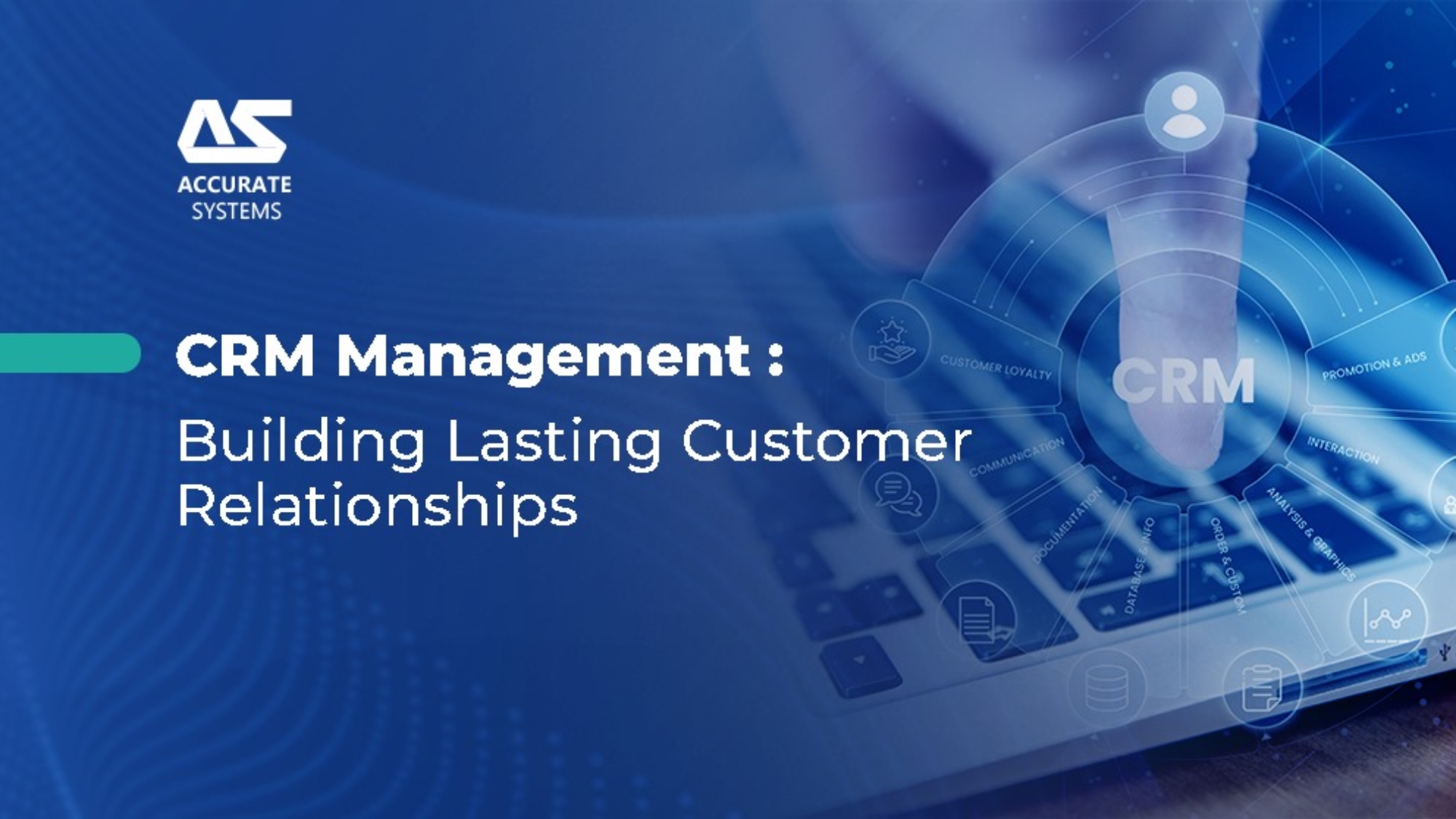Customer Relationship Management (CRM) is a strategic approach that enables businesses to manage and nurture their interactions with customers throughout their lifecycle. CRM management involves the use of technology, processes, and data to better understand customer needs, deliver personalized experiences, and build lasting relationships. It has become a fundamental practice for businesses aiming to thrive in a customer-centric era.
The Significance of CRM Management
In today’s highly competitive business landscape, customers have more choices than ever before. CRM management helps organizations differentiate themselves by focusing on customer satisfaction, loyalty, and retention. It provides a 360-degree view of customer interactions, allowing businesses to tailor their strategies and offerings.
Key Components of CRM Management
- Customer Data Management: Central to CRM is the collection and management of customer data. This includes demographic information, purchase history, communication preferences, and feedback.
- Sales Automation: CRM systems often include tools for managing sales processes, from lead generation and opportunity management to order processing and contract management.
- Marketing Automation: CRM platforms enable targeted marketing campaigns, email automation, and personalized content creation to engage and nurture leads.
- Customer Service and Support: CRM systems facilitate efficient customer service by tracking and resolving customer issues, managing support tickets, and providing self-service options.
- Analytics and Reporting: CRM analytics provide insights into customer behavior, allowing organizations to make data-driven decisions and identify opportunities for improvement.
Benefits of Effective CRM Management
- Customer Retention: CRM management helps retain existing customers by delivering tailored experiences and addressing their needs promptly.
- Increased Sales: By better understanding customer preferences and behavior, businesses can upsell, cross-sell, and close deals more effectively.
- Enhanced Customer Satisfaction: CRM fosters improved communication, faster problem resolution, and personalized interactions, leading to higher customer satisfaction.
- Efficiency and Productivity: CRM automates routine tasks, streamlining processes and improving team productivity.
- Data-Driven Decision-Making: CRM analytics enable organizations to make informed decisions and refine their strategies.
Technology in CRM Management
Technology plays a central role in CRM management. CRM software, cloud-based solutions, and mobile applications provide a unified platform for managing customer data and interactions. Emerging technologies like artificial intelligence (AI) and machine learning enhance CRM capabilities by predicting customer behavior and automating tasks.
In conclusion, CRM management is a fundamental practice for organizations that prioritize customer-centricity and long-term success. It goes beyond software and processes; it’s about cultivating a customer-focused culture and using data-driven insights to build meaningful relationships. In an era where customer loyalty is a competitive advantage, businesses that excel in CRM management are better positioned to thrive, adapt to changing customer expectations, and drive sustainable growth.


